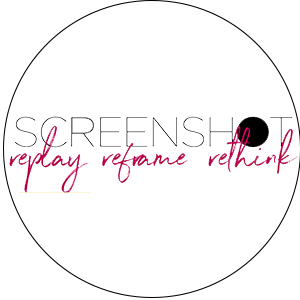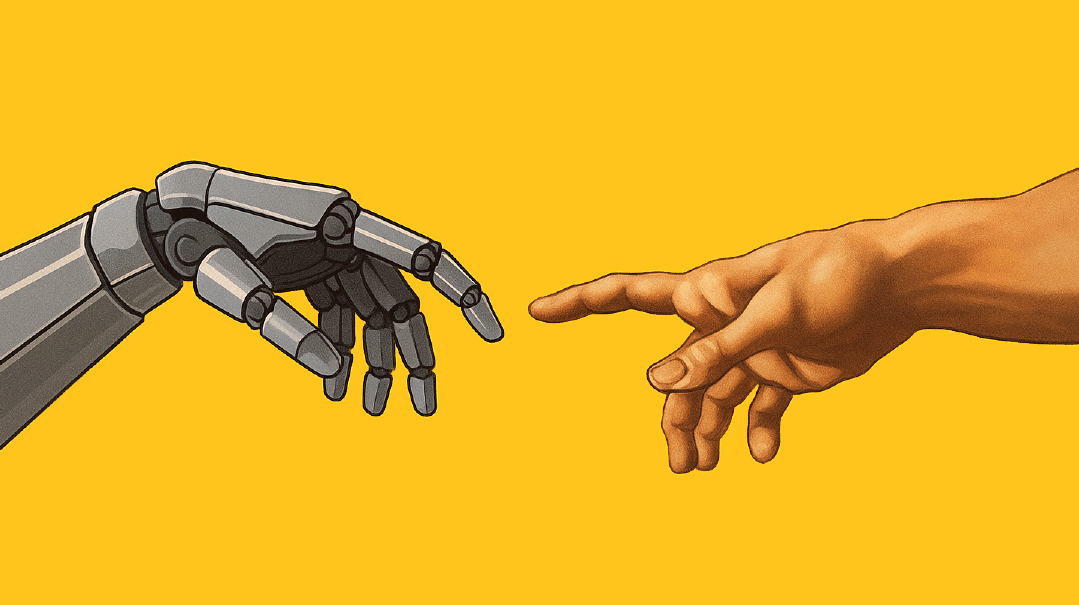With Regret and Respect

In that delicate position of hiring and firing, be aware of your power as a heavenly conduit — and be aware, too, of your limits

Many years ago, before I began working for Mishpacha, I sat in a meeting with the upper management of a major publication.
One of the “big bosses” was paging through the most recent edition and stopped at a certain column. He pursed his lips and pointed to the byline.
“This contributor hasn’t been doing very good work lately, right?” he said.
“Right,” a manager said. “But this is the last week you’re going to see his name in our publication. We lined up a replacement and told him we’re done.”
The boss nodded in approval, then lifted his hand and, as he waved sardonically at the page, sang out, “Bye-bye.”
I was young, I was inexperienced, and I was horrified. It’s years later and I still remember that casual wave, the flippant “bye-bye.” A real live person was losing his job, and someone was smiling at the thought of it.
I’ve heard it said that when a new hire isn’t working out well, it’s best to end it quickly. But it’s not quite so simple. “Not working out well” can be due to one of two reasons. One is the actual work; the other, the work ethic. I think that it’s worth differentiating between those two.
It’s wonderful when a new contributor understands instinctively what they should be doing and how to do it, but it’s natural for it to take some time. A new editor can do their best — but still not hit the standard you hope for. A new designer can spend hours on an opening — and still not give you something print-worthy. That shouldn’t mean an instant goodbye. It’s a process to learn the unspoken expectations of an unfamiliar workplace, and when a new hire seems promising, it’s only right to give them a trial period (and training, and directed feedback) before expecting them to do their best work.
If they do make mistakes, it seems only fair to discuss those mistakes and figure out better practices for the future, rather than giving up right away. A learning curve should be expected and tolerated.
But when a new hire is resentful, resistant to feedback, disrespectful of other team members, or unwilling to learn, then giving things more time doesn’t usually make them better. There isn’t the same learning curve for attitudes that there is for the technicalities of the workflow. In these sad cases, it probably is best to “end it quickly” rather than prolong the frustration on both ends.
It’s even more painful when the decision comes after years of hard work and investment in the company. When a valued contributor has reached the end of their productivity, or can no longer meet the changing needs of the target market, it’s not a simple move to end the relationship and the paycheck.
Goodbye should always come with regret. As an employer or a manager, you must realize that you are the shaliach, the Heavenly conduit, for someone’s parnassah. They have committed to you, and you to them. It’s an arrangement that should be taken seriously.
But sometimes that deep sense of responsibility can freeze an unhealthy dynamic in place, and leave an entire department paralyzed and suffering due to subpar work or endlessly looping procedures. A boss should remember that Hashem has many shlichim. You are not G-d, and you do not hold the heavenly keys to livelihood. If a position is not working out for the contributor, product, company, or team, then there’s a good chance that this employee needs to find a new position that’s a better fit for their skill set.
In that delicate position of hiring and firing, be aware of your power as a heavenly conduit — and be aware, too, of your limits. Most of all, though, remember that these are human beings who’ve given you some of their most precious attributes: their time, their talent, their passion, their inner worlds. If you must say goodbye, do it with respect and regret.
—Shoshana Friedman
Managing Editor
(Originally featured in Mishpacha, Issue 901)
Oops! We could not locate your form.






